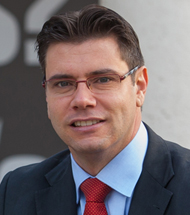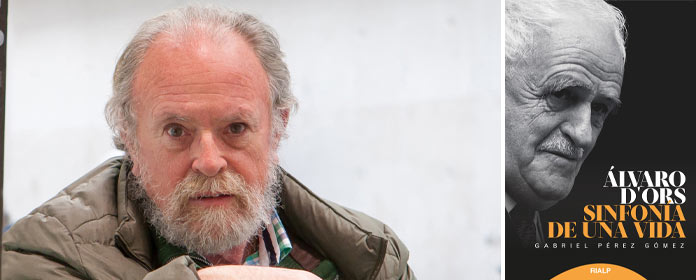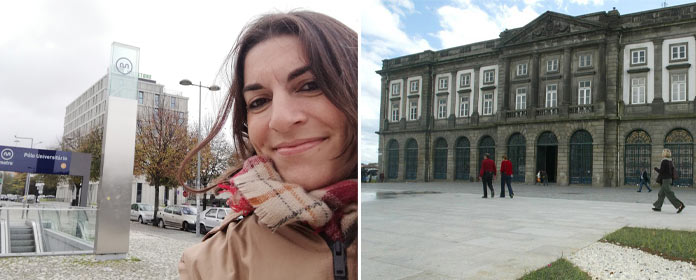"Tensions between personal identities do not end in rupture if the ties that bind us to others are strong."
Alejandro García co-organizes a congress of the University of Navarra on social relations and identity financed by the Ministry of Foreign Affairs. Economics

PHOTO: Manuel Castells
"One's own identity is intertwined with different ties: personal, kinship, ideological.... Tensions between personal identities are flexible and do not end in rupture if the ties that bind us to others are strong". This was stated by Alejandro García, professor at the University of Navarra, at the framework of a congress promoted by the Institute for Culture and Society (ICS) of the University of Navarra with funding from the Ministry of Economics and Competitiveness.
According to agreement with the philosopher and sociologist, "contrasting identity with ties is a bad approach". As he explained, "there are different spheres of connection between people and in them there can be misunderstandings due to feelings, positions, senses of belonging.... But when the relationship is more important, the other is put on the back burner to avoid conflict.
Professor García alluded to the proximity between bonds and human identity. On the one hand, he recalled that "we cannot become what we want to be without taking into account the relationships in which we are immersed. We are relational beings and we cannot explain ourselves apart from these ties". On the other hand, he stressed that "this does not exhaust our identity because otherwise there would be no room for individuality, which is unique and non-transferable".
The impact of new technologies on personal relationshipsProfessor Garcia also alluded to the impact of new technologies: "They enable a universe of links with others, but not all of them contribute to defining our identity. Despite the global village, we remain in our bubble of meaningful relationships".
Although he appreciated that with them "the virtualities of the physical contact are lost", he refused to idealize a past in which encounters were only produced in this way. "Now the contact is more fluid," he emphasized. In addition, he stressed that "it has yet to be scientifically defined whether there is any harm or detriment to non-presential forms of social relations".
The expert of the School of Philosophy and Letters commented that they have expanded the possibilities "to leave the social rule and look for references other than those of the reduced and close population in which they live".
He is aware that Google's content personalization techniques and social networks promote that "we confirm our budgets and relate to like-minded people in terms of social perception, knowledge, ratings...", but he reminded us that "we can get out of those circles with just a couple of clicks".
Along these lines, he acknowledged that some prefer to "preserve the bubble of value orientation in which they are installed". The problem, he said, "is to what extent we are aware that we are continually receiving inputs of a certain orientation. In his opinion, the important thing is "to know that we can access other perspectives" and that those who do not open up to them "do so by a free and conscious decision".
Alejandro García is co-organizer together with Ana Marta González of the international workshop 'Social links and identity staff'. The activity is part of project 'Links, emotion and identity. The moral dimension of social bonds' of the ICS, sponsored by the Ministry of Economics and Competitiveness.





